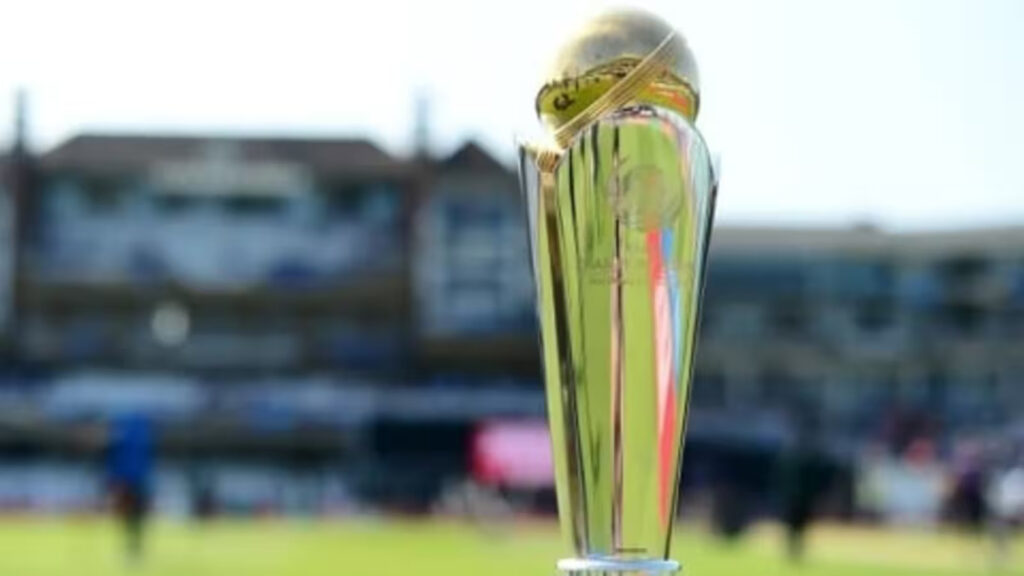The 2025 ICC Champions Trophy has been the center of heated discussions between India and Pakistan. Initially, Pakistan made it clear that they would not accept the hybrid model proposed for the tournament. This model suggested that the matches of India would be held outside Pakistan, as India had expressed unwillingness to play in Pakistan, citing security concerns.
Pakistan’s Initial Stance: For some time, Pakistan stood firm, claiming that they would never agree to the hybrid model and would prefer to pull out of the tournament altogether if they were not allowed to host Champions Trophy 2025 completely in Pakistan. However, after facing significant pressure, Pakistan eventually reversed its position. The Pakistani government and Pakistan cricket board seemed to have softened their stance and agreed to the hybrid model, which would ensure that the tournament goes ahead without causing diplomatic tensions.
Why Did Pakistan Change Its Position? The decision to accept the hybrid model raised several questions. Why did Pakistan change its tune? The answer likely lies in economic realities. A significant portion of the ICC’s funding comes from India, and without this financial backing, Pakistan’s cricket board could face severe financial losses. India, with its massive cricketing market, contributes a large chunk of revenue to the ICC. If India were to continue boycotting Pakistan, they risk losing access to these vital funds.
Political and Diplomatic Shifts: Pakistan’s new stance on the Champions Trophy 2025 also reflects a broader pattern of unpredictability in their political and diplomatic decisions. Despite having made strong statements about their position, Pakistan found itself in a position where agreeing to the hybrid model seemed the only viable option to keep their cricketing prospects intact.
Revenue and Financial Considerations: However, the agreement to the hybrid model comes with conditions. Pakistan has requested an increase in the percentage of revenue they receive from the tournament’s earnings, citing the losses. While India’s cricket market generates significant revenue, Pakistan has argued that they should receive a larger share due to their loss of complete hosting rights of the tournament.
Conclusion: This development signals a significant shift in Pakistan’s approach to international cricket relations. Despite their earlier resistance, they have now backed down in the face of practicality, suggesting that financial considerations have played a large role in this decision.
The debate surrounding Pakistan’s participation and their relationship with India will continue, but for now, the hybrid model seems to be the compromise that will allow the Champions Trophy 2025 to proceed. Both nations will likely continue to play their respective roles on the international stage, navigating a complex balance between competition, diplomacy, and economic interests.
Disclaimer: This post reflects the views expressed by author. The opinions shared are subjective.
Also Read: Pakistan Demand Cricket With India While Harboring Terrorists like Lakhvi
Follow US

